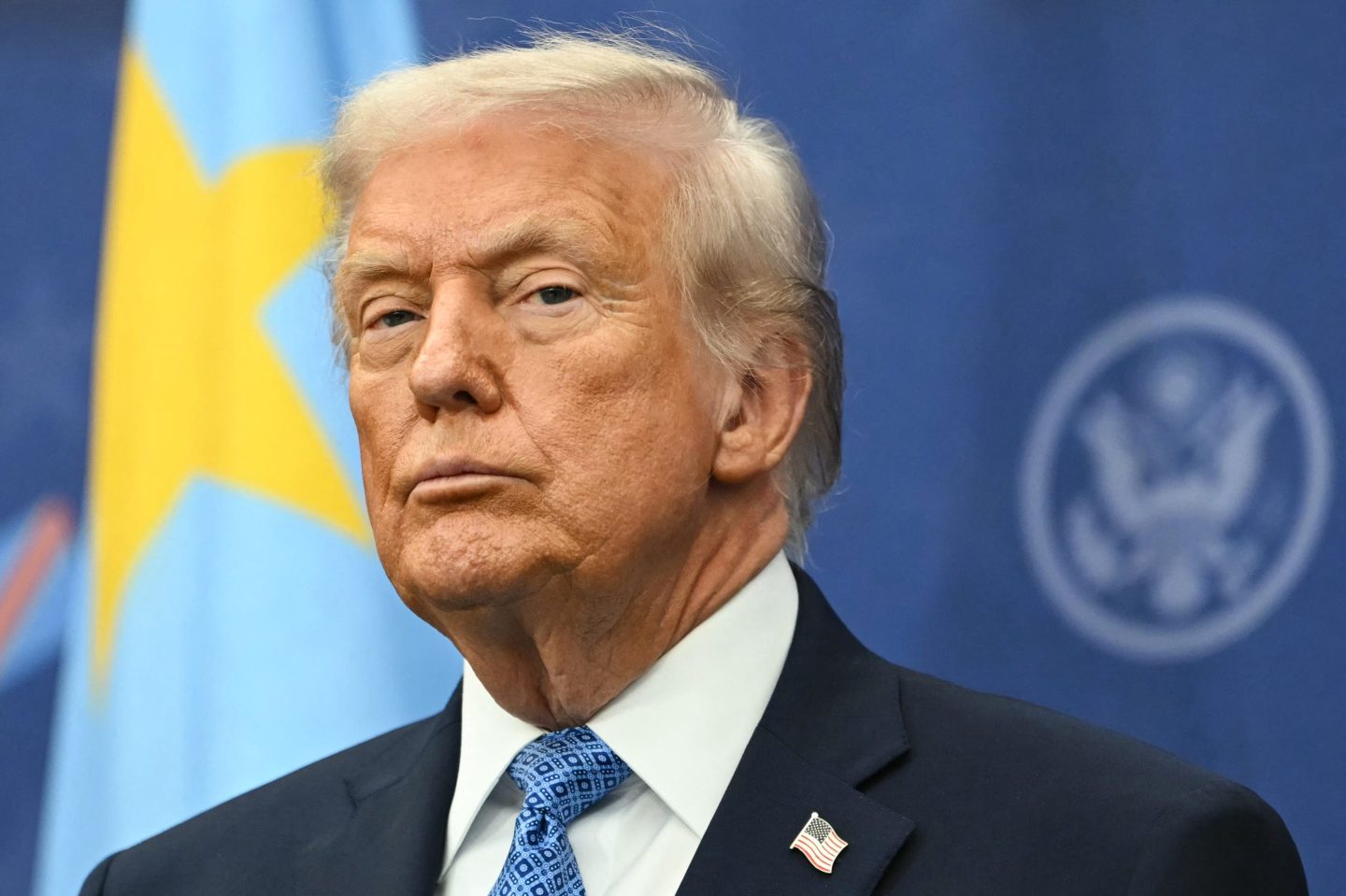An auction of rhino horns from the stockpiles of the world’s biggest private breeder will go ahead after a South African court ordered that the government release permits for them.
The sale of about 500 kilograms (1,102 pounds) of horns by John Hume, who has more than 1,500 rhinos, will begin on Wednesday after he successfully challenged the Department of Environmental Affairs’ refusal to hand over the permits that it had granted to him, enabling the sale, according to Van’s Auctioneers, which is organizing the auction. The court ruled in his favor on Sunday.
The Constitutional Court in South Africa, which has the world’s biggest population of the endangered pachyderms, lifted a local ban on trade in April, which means auctions can take place provided buyers and sellers hold permits, and the horns stay in the country after the sale. More than 1,000 of the animals have been slaughtered each year since 2013 in South Africa, according to Save the Rhino International, a London-based charity. Demand has climbed in nations including China and Vietnam because of a belief that the horns can cure diseases such as cancer.
Environmental groups such as International Fund for Animal Welfare say legal horn sales create more incentive for poaching. International trade remains banned under the Convention on International Trade in Endangered Species, known as Cites.
Harvesting rhino horns isn’t harmful to the animals and international trade is needed to adequately control poaching, said Hume. “It is the only solution that will save our rhino but unfortunately the world is apparently determined not to see this,” he said in an emailed response to questions.
The proceeds of the auction will go toward protecting the herd, which costs him in excess of $170,000 monthly to defend from poachers.
The horns fetch as much as $95,000 a kilogram in Asia, more than gold. They mainly comprise keratin, the same substance as a human fingernail, and there’s no evidence of any medical benefit.
While no commercial international trade of horns is allowed, international non-commercial export is legal subject to the issuing of permits by Cites, the International Fund for Animal Welfare said in an Aug. 16 statement.




